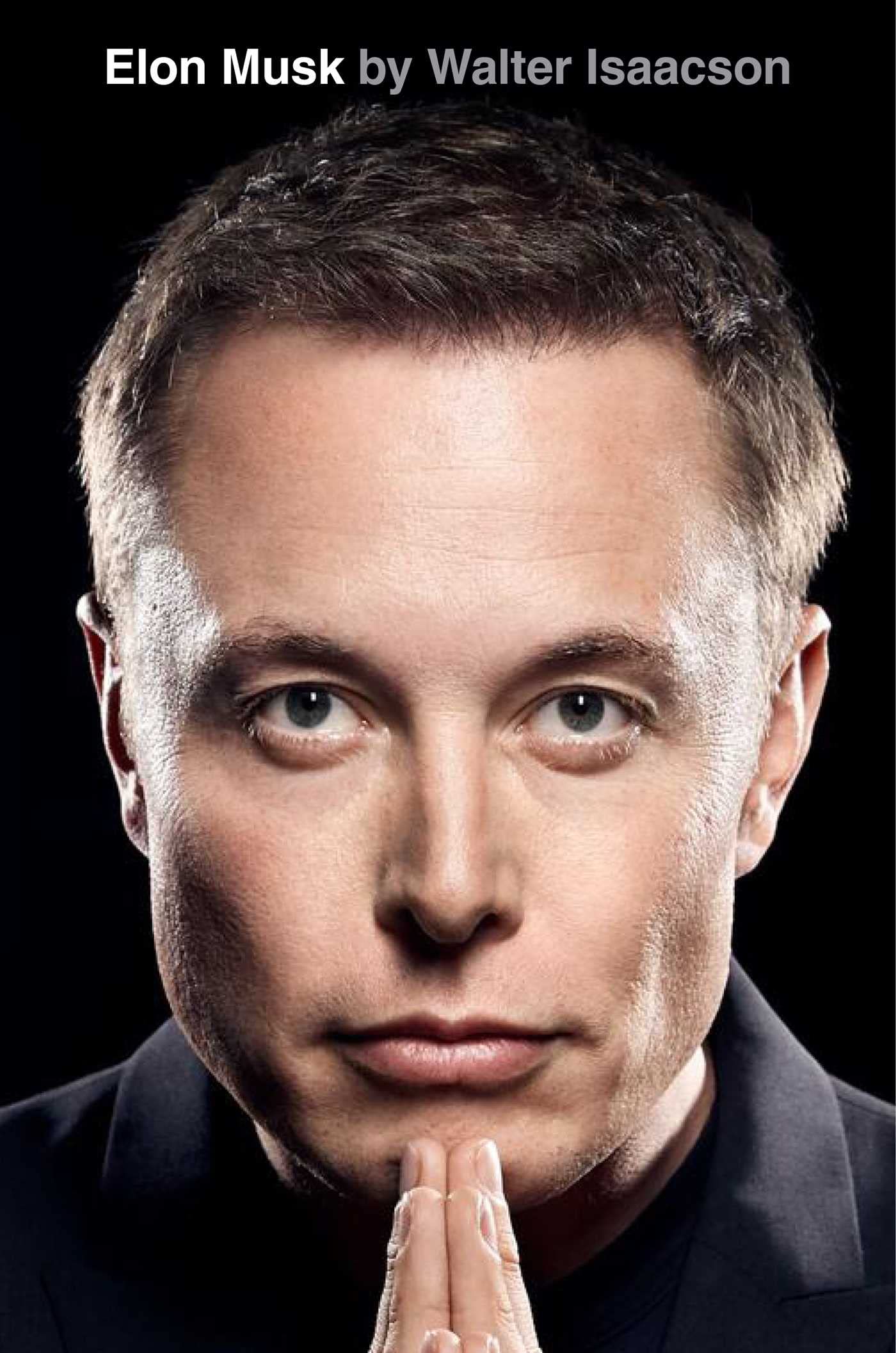2. A Mind of His Own
byA Mind of His Own explores the early life of Elon Musk in Pretoria during the 1970s, a time when his unique way of thinking began setting him apart from those around him. Born to Maye and Errol Musk on June 28, 1971, Elon was originally considered for the name Nice, after the French city, before his parents opted for names rooted in his maternal lineage. Even as a child, Musk exhibited an exceptional intellectual curiosity but struggled with social interactions, often being blunt and dismissive of ideas he found illogical, frequently calling them “stupid.”
From an early age, Musk grappled with a deep sense of loneliness, a feeling that persisted into adulthood, where he openly admitted his discomfort with solitude. Unlike his siblings, Kimbal and Tosca, who adapted more easily to social environments, Elon found it difficult to form connections with his peers. Despite these social challenges, his strong-willed nature was evident, as seen in instances where he walked across Pretoria alone at just five years old to attend a cousin’s party and later successfully persuaded his father to buy him a motorcycle when he was eight.
His experiences at school were marked by misunderstandings and misinterpretations of his unique way of processing information. Teachers often mistook his introspective and highly analytical nature for disinterest or a lack of ability, overlooking his extraordinary capacity for absorbing complex concepts. Later in life, some of Musk’s behavioral traits—his intense focus, difficulty in social settings, and tendency to hyper-fixate on certain subjects—would align with characteristics associated with Asperger’s Syndrome, providing insight into his unconventional cognitive approach.
Musk’s childhood was also shaped by the rocky marriage of his parents, whose turbulent relationship ultimately ended in divorce. Witnessing this instability at an early age gave him an unfiltered perspective on human relationships, fostering an independent streak that would become central to his personality. After the separation, Maye Musk took on the enormous challenge of raising her children alone, working multiple jobs to provide for them while teaching them the value of perseverance and resilience.
While his mother struggled to make ends meet, Musk immersed himself in intellectual pursuits, turning to books, science fiction, and computers to escape the complexities of real life. Encyclopedias became his preferred reading material, and he spent hours devouring information on physics, engineering, and technology, far beyond what was taught in school. His ability to retain and apply vast amounts of knowledge set him apart, foreshadowing the rapid learning skills he would later use to master industries ranging from software to space travel.
Despite his difficulties in social interactions, Musk’s independent mindset and curiosity became defining aspects of his personality. He was never one to accept things at face value, constantly questioning the status quo and seeking to understand how things worked on a fundamental level. His passion extended beyond theoretical learning into hands-on experimentation, from dismantling electronic devices to conducting small-scale engineering projects in his home, reinforcing his belief that real innovation stemmed from direct problem-solving.
Throughout his childhood, Musk’s mind functioned differently from those around him, making him feel isolated but also pushing him toward his ambitious pursuits. While many of his peers focused on fitting in, he was more interested in uncovering the mysteries of the universe and thinking about solutions to complex problems. His ability to blend scientific curiosity with an entrepreneurial mindset would later serve as the foundation for his groundbreaking work in industries such as artificial intelligence, renewable energy, and space exploration.
The story of Musk’s early years is not just about intelligence or ambition—it is about resilience, an unrelenting drive to explore, and the courage to think independently in a world that often favors conformity. His childhood challenges, from social isolation to academic misunderstandings, shaped him into a person who refused to accept limitations and instead sought to redefine what was possible. These formative years laid the foundation for the visionary entrepreneur he would become, proving that a mind of its own, when nurtured with knowledge and perseverance, has the power to reshape the future.


